What Is A Sacrificial Anode Rod And Why Is It In My Water Heater?
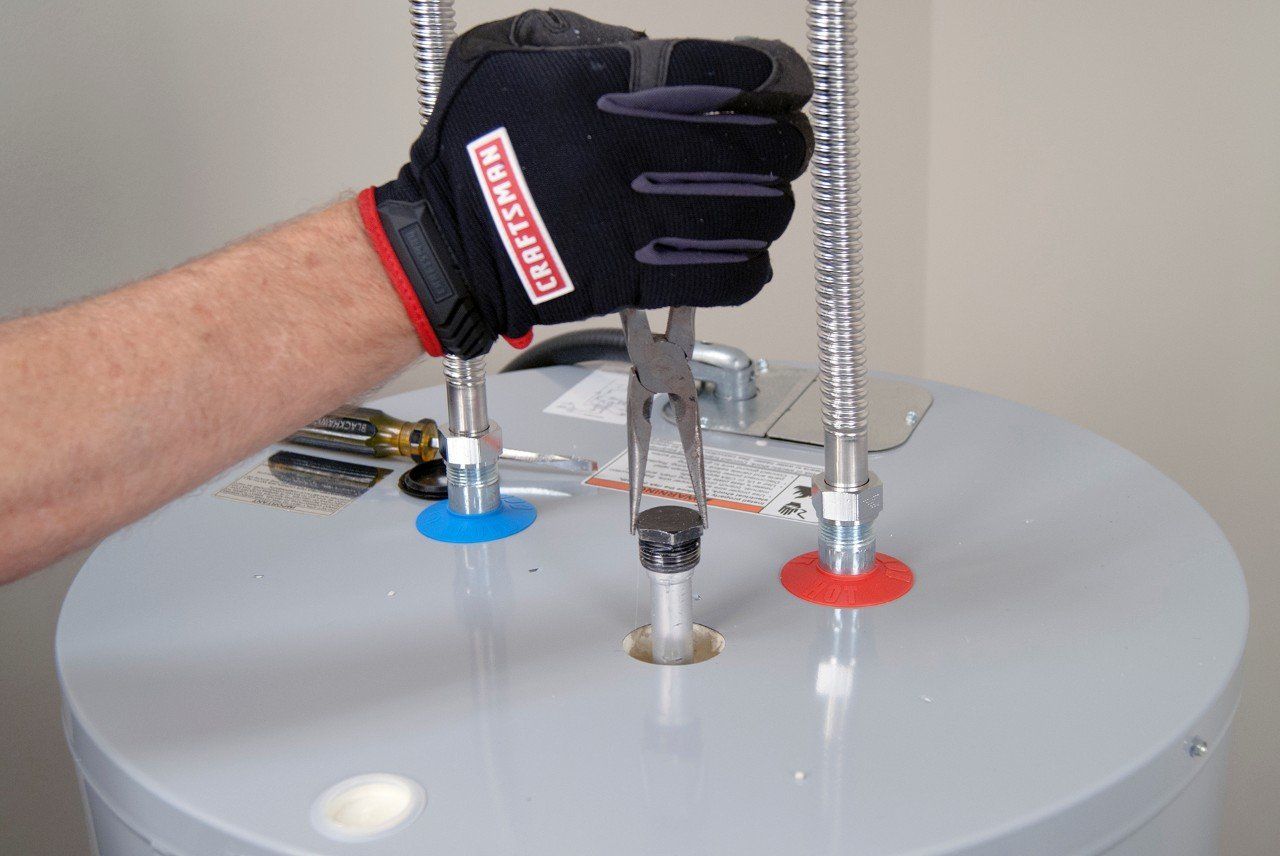
Here’s something to think about: your water heater has one primary function, and that is to heat water. It does this pretty well most of the time, by conducting heat through metal, and warming up gallons of water that is then moved through your home when you turn on the tap. Yet this goes against everything you’ve ever learned – water rusts metal, right? Or were your mother’s warnings that leaving your bike in the rain would rust it just a lie?
No - it’s not a lie. Water rusts metal and your water heater would be a crumbling mess without a small rod inserted into the top of the tank. This rod is called an anode rod (or sometimes a sacrificial anode rod) and it is the only reason your water heater hasn’t left you bathing in rusty water.
How does an Anode Rod Work?
Rust, or corrosion of metal, happens with three things: iron (or steel), oxygen and water. These are all plentiful in a water heater tank. Although in modern water heaters the tank is encased in a thin layer of glass, water can still get into cracks and rust the water heater’s tank. So, water heater manufacturers place an anode rod into the tank. An anode rod is made up of magnesium or aluminum. Both magnesium and aluminum are less-noble metals, meaning they corrode (rust) quickly in water. Let’s put on our chemistry hats and explore this a bit further.
The chemical reaction for rusting begins by oxidation, which is when iron loses two of its electrons to the oxygen found in the tank. When you place a magnesium or aluminum rod into water, this also occurs, just much faster. The bonds between the molecules of magnesium and aluminum give up their electrons faster than the bonds in steel or iron. Thus, when you place an aluminum or magnesium anode rod into an iron or steel tank of water, the oxygen in the equation takes the two electrons of the anode rod instead of the tank, as they gave them up quicker. This will rust the anode rod, but not the tank itself.
A simplistic answer to this question is that the anode rod rusts faster than the iron or steel of a tank, making it so the tank doesn’t rust until the metal of the anode rod is completely corroded away.
How Long does an Anode Rod Work?
Unfortunately, a sacrificial anode rod is called that for a reason. It is sacrificing itself to save the lining of the tank. At some point, all of the magnesium or aluminum of the rod will have rusted away, and it will no longer have electrons to give up to save the tank’s electrons from the rusting process. When the anode rod has rusted away, the water heater’s tank may begin to rust, which will cause the water heater to fail – and you’ll end up paying hundreds for a brand new water heater. That’s why it’s important to replace, or at least check, your anode rod every three years. Look at your manufacturer’s recommendations to see when your particular water heater needs an anode rod change. Not sure how old your water heater is? Check out this article.
If you have a home warranty protecting your water heater and other systems and appliances within your home, it’s important to note that a home warranty will not cover a water heater that rusted if the anode rod had not been properly maintained. However, if the water heater fails from normal wear and tear, a home appliance warranty will cover it – all you pay is a service call fee for repairs or a replacement!
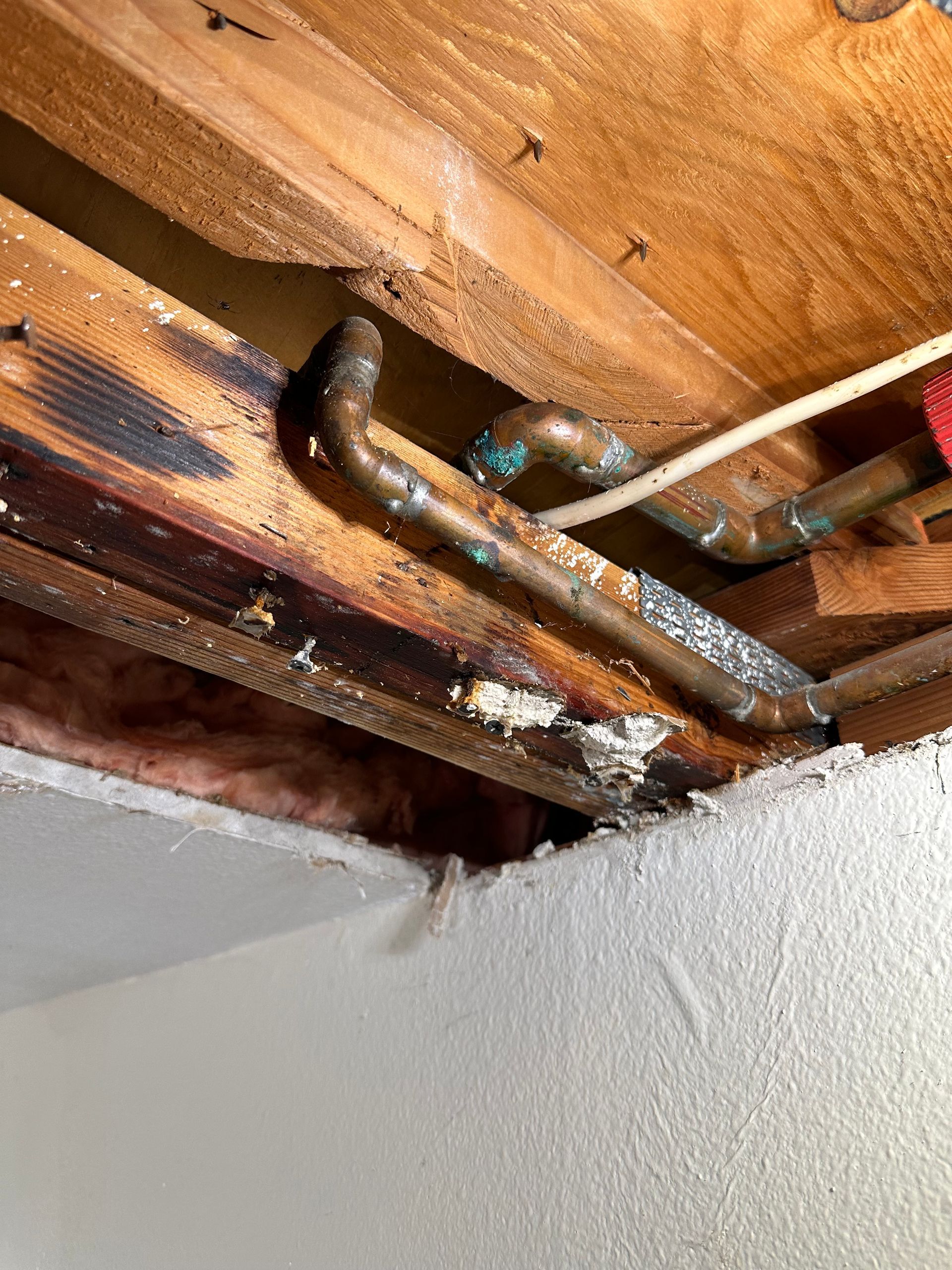
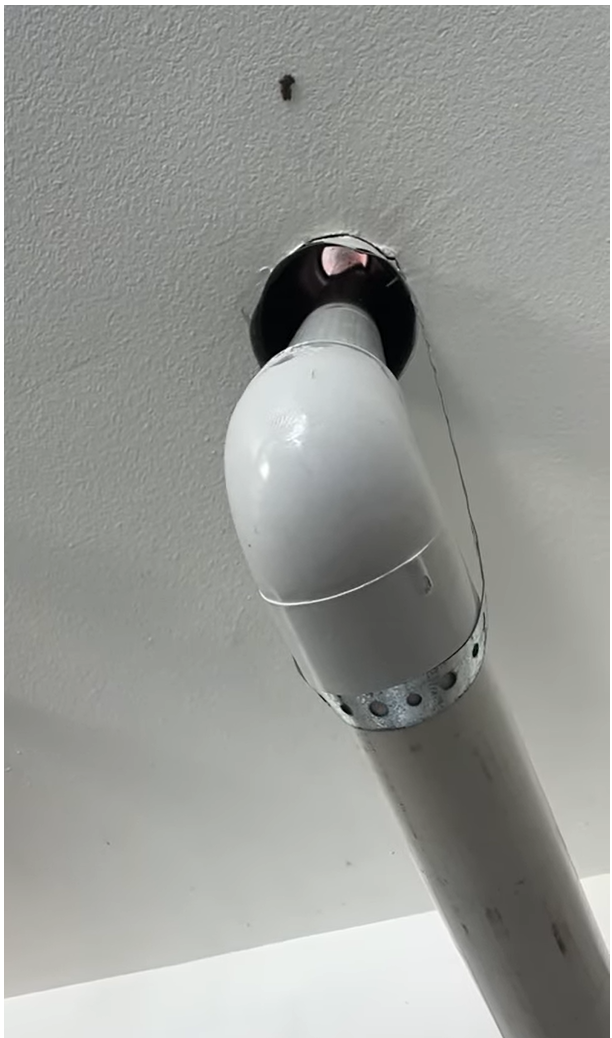
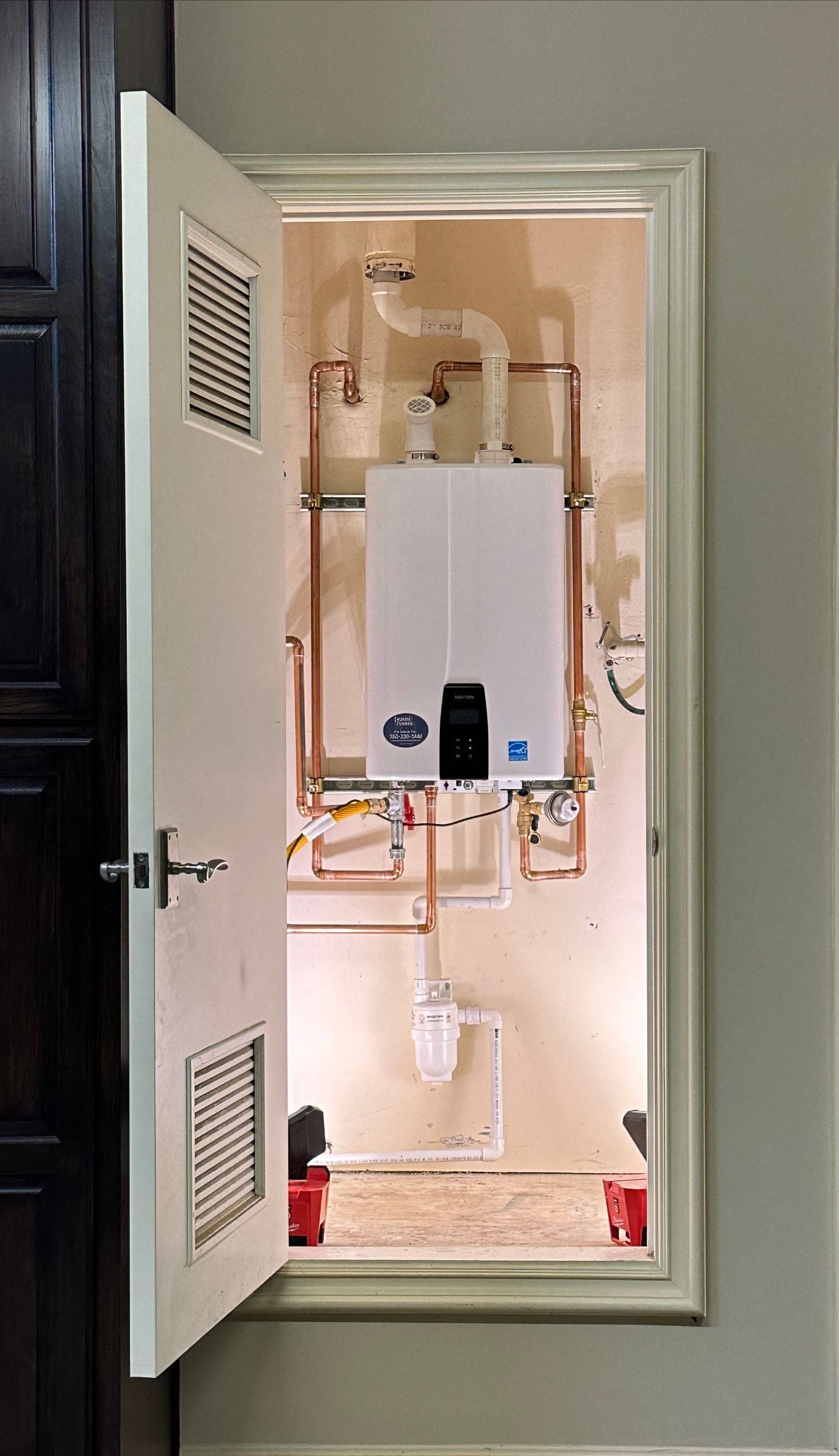
What are the differences between a hard water scale prevention device and a backflush carbon filter?
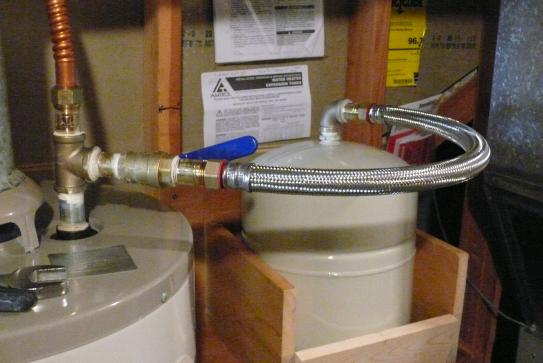



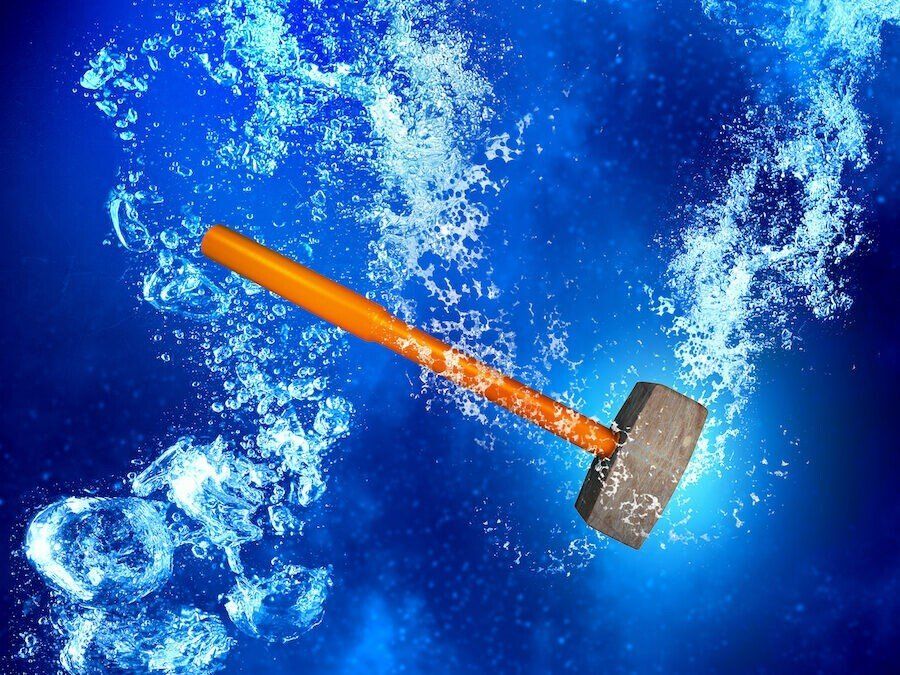
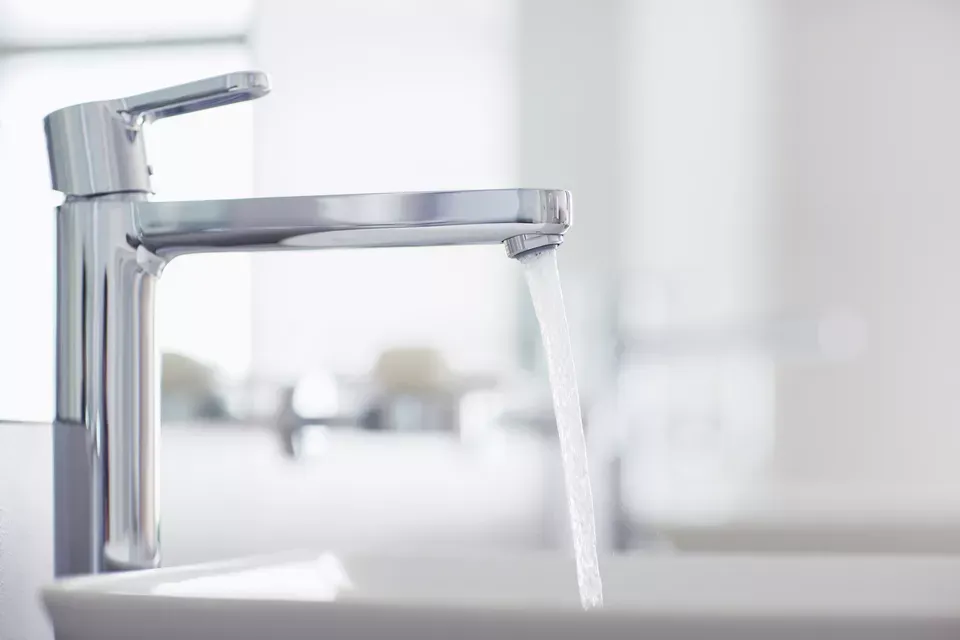











Share On: